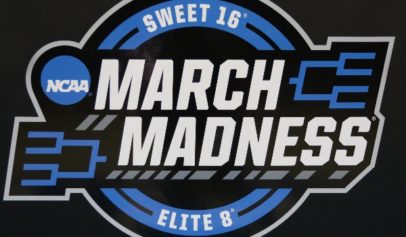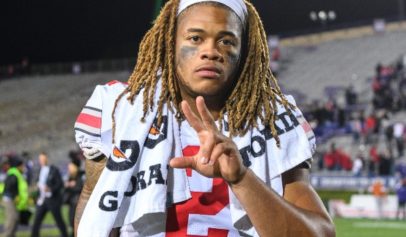Coaches caught cheating by the NCAA soon could have fewer loopholes to escape penalty.
In August the organization passed a proposal that put the onus of responsibility on head coaches who have nefarious behavior going on in their programs. So if an assistant gets caught doing something on the sly, not only will said assistant face punishment, but the head coach will, too.
USA Today is reporting the proposal is set to become NCAA law, which should be official via NCAA channels some time next week, when the D-1 Board of Directors votes on the new set of regulations.
Barring unforeseen blow-back, there will be a new standard in collegiate coaching, most notably at the two highest levels: men’s basketball and football.
The nine-page document outlines some specifics in the NCAA’s new four-tier penalty structure, which would take effect immediately and replace the current rigid categories of secondary and major violations, and addresses several kinds of violations in football and men’s basketball that can lead to the suspension of a head coach.
One example the document alludes to is the University of Connecticut basketball violations involving the recruitment of Nate Miles, in which head coach Jim Calhoun “failed to alert the compliance staff and administration of possible improprieties between the agent/booster” and prospect. Under the new structure, penalties could have included a suspension or other restrictions for Calhoun.
And the primary message for head coaches is that ignorance will no longer be acceptable as a defense.
The document reads, “A head coach is presumed responsible for major/Level I and Level II violations (e.g. academic fraud, recruiting inducements) occurring within his or her program unless the coach can show that he or she promoted an atmosphere of compliance and monitored his or her staff.”
It’s a fairly serious step by the NCAA, which includes options to suspend head coaches for entire seasons.
This is a wider blanket of punishment, and it’s not going to be without its critics.
If wrongdoing is done, coaches will now have to prove their innocence not through just words and actions, but documented resistance against foul play prior to any significant rule-breaking.
The four-tier system and new guideline of governance would go into effect Aug. 1, 2013.


